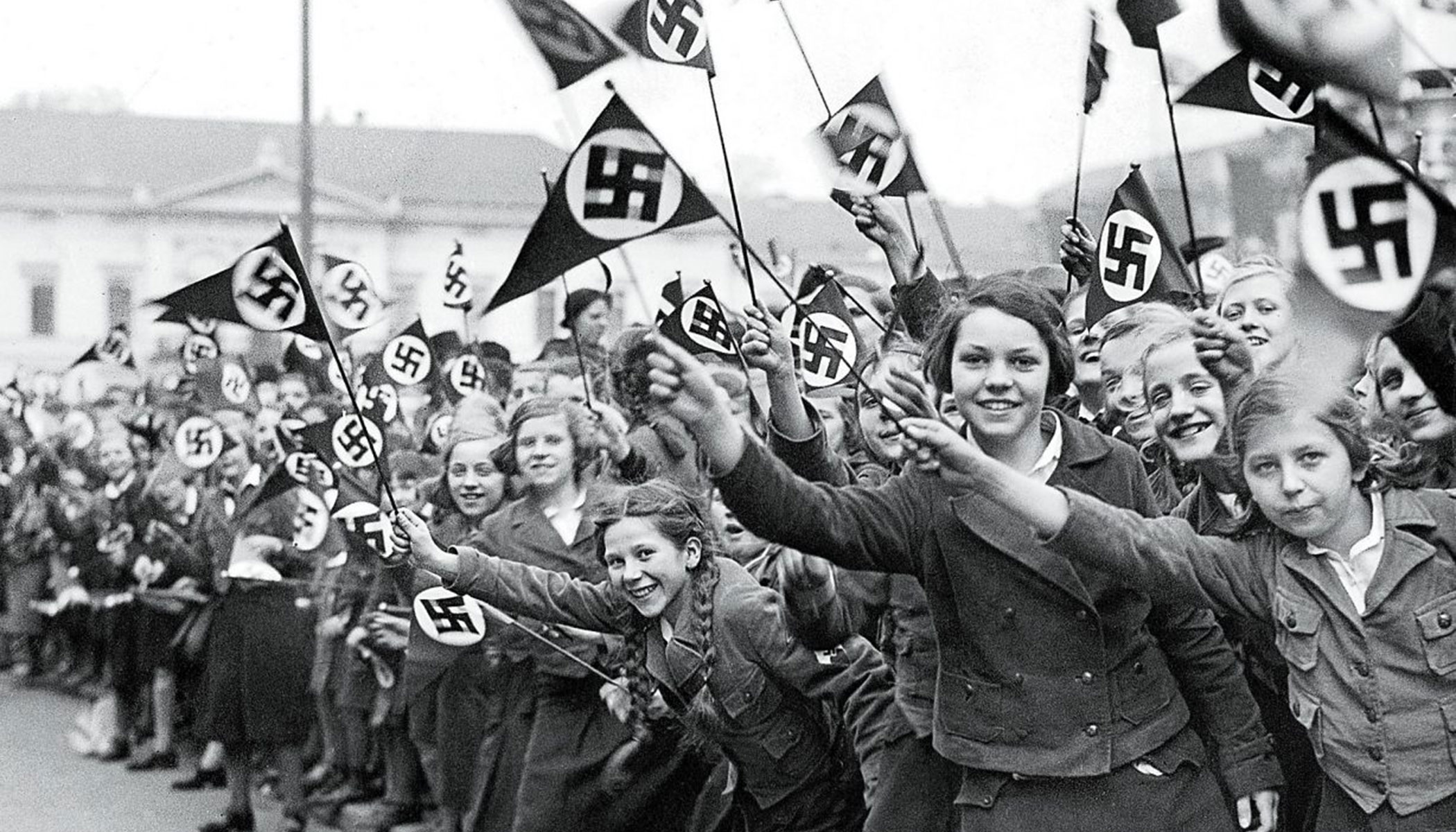
Were Austrians Victims of Nazi Germany?
According to www.iAsk.Ai - Ask AI:
The question of whether Austrians were victims of Nazi Germany is complex and has been a subject of intense debate. The dominant narrative in post-war Austria, known as the "victim theory" (Opferthese), presented Austria as the first victim of Nazi aggression, emphasizing the forced annexation (Anschluss) and downplaying Austrian complicity in Nazi crimes.[1] However, this view has been challenged by historians and others, who argue that it obscures the active participation of many Austrians in the Nazi regime and the Holocaust.
The Moscow Declaration of 1943, issued by the Allied powers, stated that Austria was "the first free country to fall a victim to Hitlerite aggression."[2] This declaration, while intended to encourage Austrian resistance, was later used by the Austrian government to deflect guilt and strengthen its position in negotiations for the State Treaty, which granted Austria sovereignty in 1955.[2] The "victim theory" became a fundamental myth in Austrian society, allowing for the reintegration of former Nazis into social and political life.[1]
However, the reality was far more nuanced. While the Anschluss was a violation of international law, a significant portion of the Austrian population welcomed the annexation and joined the Nazi Party (NSDAP).[3] Austrians served in the German Wehrmacht and were involved in the crimes of National Socialism, including the Holocaust.[3] Historians have noted that Austrians comprised a disproportionate share of the SS, concentration camp personnel, and even camp commanders.[4]
The "victim theory" began to unravel in the late 1980s, particularly during the Waldheim affair, which brought Austria's past into international scrutiny.[1] The election of Kurt Waldheim, a former Wehrmacht intelligence officer, as president sparked a national debate about Austria's role in the Holocaust.[1] This led to a reassessment of post-war restitution programs and, eventually, an official acknowledgement of Austria's co-responsibility for Nazi crimes.[5]
In conclusion, while Austria was indeed subjected to Nazi aggression, the narrative of solely victimhood is an oversimplification. The historical record reveals significant Austrian participation in the Nazi regime and its crimes, making the question of victimhood a complex and contested one.
The shift away from the "victim theory" was a gradual process, influenced by both internal and external pressures. The European Union, for example, made it clear that Austria's membership depended on addressing the issue of restitution.[5] This led to the adoption of a "co-responsibility" thesis, acknowledging that Austria was part of the Third Reich and shared responsibility for what happened.[5]
Authoritative Sources
- Embacher, H.; Ecker, M. (2010). "A Nation of Victims". The Politics of War Trauma: The Aftermath of World War II in Eleven European Countries. [Amsterdam University Press]↩
- "Austria post-1945 – Auschwitz". [auschwitz.at]↩
- Art, D (2005). The Politics of the Nazi Past in Germany and Austria. [Cambridge University Press]↩
- "Austria struggles to come to grips with Nazi past". [Australian Broadcasting Corporation]↩
- "Historian's New Book Examines Nazi Sympathies In Austria". [news.uark.edu]↩

Sign up for free to save this answer and access it later
Sign up →